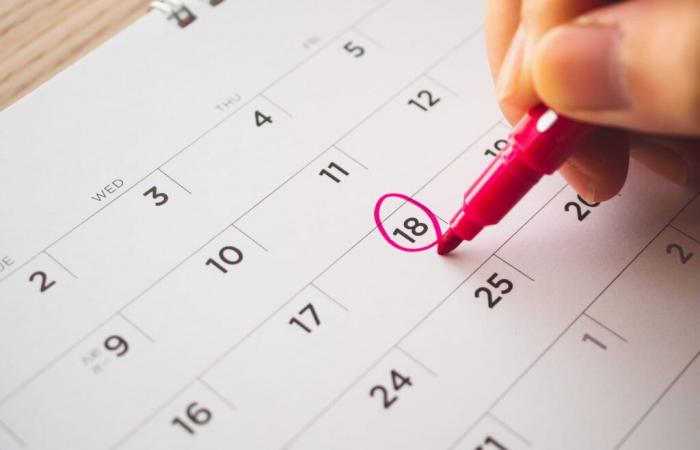The anniversary date, supposed to be a moment of celebration, hides a troubling statistical reality. An INSEE study reveals that the French are much more likely to die on their birthday, and it's not just a question of suicide.
Your birthday is the “deadliest” day…literally. If our birthday generally evokes joyful moments with family, celebration with friends and gifts, this symbolic date hides an astonishing statistical reality. Regardless of their age, the French are more likely to die on their birthday than any other day of the year. This phenomenon, called “birthday syndrome” by researchers, is not a simple coincidence
The question is legitimate: why would an arbitrary day on the calendar have an impact on our health? However, the data collected over nearly 30 years (1994-2023) by INSEE tell a different story. Maybe the date of your death isn't such a big mystery after all.
The statistics institute has shown that the risk of death increases on average by 6% on your birthday compared to any other day of the year. This increase is even more marked among men (+7%). And contrary to what one might think, the observation is even more true among young adults. For young people aged 18-29 and 30-39, the risk jumps by 21%, with a staggering peak of +24% for men in these age groups.
INSEE even reveals the circumstances of your death. Indeed, excess mortality on the day of one's birthday is particularly marked for deaths occurring on public roads (+14%) and at home (+12%). On the other hand, the phenomenon is less pronounced in health establishments, with an increase of only 3% in hospitals and 7% in retirement homes.
The explanations for this phenomenon are multiple and complex. But researchers cite three main reasons:
Among young people, excesses linked to celebrations would be the main reason for excess mortality on their birthday. Increased alcohol consumption, fatigue due to festivities, more risky behavior especially on the road. In this context of fatigue and excessive consumption, cardiovascular accidents are also more frequent.
The psychological dimension also plays a crucial role across all generations. For some, this symbolic date which recalls his arrival on Earth can exacerbate feelings of loneliness or sadness. Indeed, Japanese studies show an increase in suicides on birthdays. Emotional support on birthday is very important for isolated people.
Paradoxically, the third reason is exactly the opposite of the second but mainly concerns individuals at the end of their lives. The latter seem to “hold on” until their birthday, as if this date represented a last objective to achieve before letting go. The phenomenon is particularly common among centenarians who record a spectacular 29% increase in deaths on the day they turn 100, as if this symbolic date marked for many the accomplishment of a final life goal.
Note also, INSEE writes in its study that “from 2004 to 2023, January 3 was the deadliest day of the year, with an average number of deaths of 1,900, compared to 1,600 on the for the entire period, i.e. +19%.






